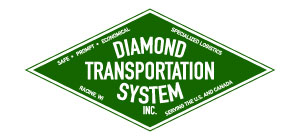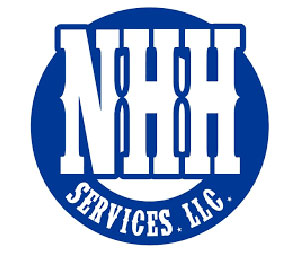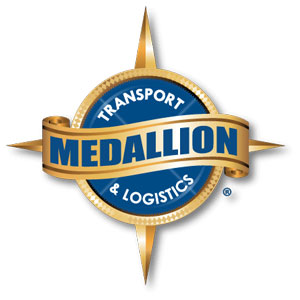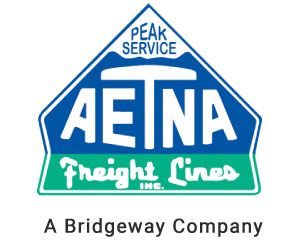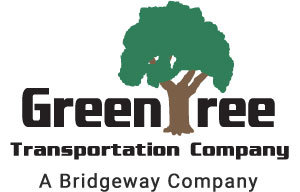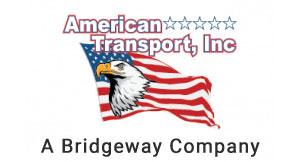How to Haul Oversized Loads Across the Country

Transporting cargo across the country is no small feat, especially when you’re dealing with oversized loads. From securing the right permits to ensuring the safety of your cargo and others on the road, every step requires careful planning and execution. If you’ve ever wondered how to haul oversized loads effectively, you’re in the right place.
Understanding Oversized Loads
An oversize load exceeds standard state limits for length, height, width, and sometimes even weight. Knowing what constitutes an oversize load is critical to ensuring you meet all legal requirements for transport. Typically, loads that are wider than 8.5 feet or weigh more than 40,000 pounds are classified as oversize.
Common Examples of Oversized Loads:
- Manufacturing equipment
- Construction machinery
- Agricultural vehicles
- Pipelines and construction materials
- Prefabricated and mobile homes
- Large trucks, boats, and other vehicles
Once you’ve determined that you have an oversize load, it’s time to explore the steps required to transport it safely and legally.

Navigating Permit Requirements
One of the first steps in oversize load transport is securing the necessary oversize load permits. These permits are issued at the state level, meaning you’ll need to obtain them from each state your cargo will travel through. It’s important to note that the federal government does not issue these permits, so compliance with state regulations is crucial.
Each state has specific rules regarding the routes you can take and the times you can travel. For instance, some states restrict oversize load transport during certain hours, weekends, or holidays. Additionally, carriers must meet the state-mandated insurance requirements to obtain these permits.
Pro Tip: Consider using resources like the Federal Motor Carrier Safety Administration (FMCSA) to understand interstate transport regulations better.
Meeting Your Deadlines
Time is often a critical factor in transporting heavy cargo. Understanding the restrictions and planning your route accordingly is essential to meeting your deadlines. Delays can occur if you fail to secure the appropriate permits or if your load requires a pilot vehicle, which can only operate during daylight hours.
The tighter your schedule, the more complex the logistics become. Skipping steps, such as bypassing state permits, to meet a deadline could result in hefty fines and other penalties.
Prioritizing Safety

Safety is paramount when transporting oversized loads. Your load must be clearly marked with “oversize load” or “wide load” banners at the front and rear of the truck. In addition, you may need to use colored flags on the load’s corners and install lights on the truck for visibility during nighttime transport.
Some states may require pilot or escort vehicles to accompany your oversize load. These vehicles serve as a buffer, alerting other drivers to the presence of a wide load. For example, in Texas, escort vehicle operators must undergo specific training to ensure road safety.
Escort vehicles are generally required when a load exceeds 10 feet in width, though this varies by state. In some cases, you may need multiple escort vehicles, with one leading and one following the load.
External Resource: For more detailed information on escort vehicle requirements, visit the Texas Department of Transportation.
Partnering with a Logistics Specialist
Hauling oversized loads across the country is a challenging task that requires meticulous planning and expertise. From understanding the various regulations for oversize load permits to ensuring that your cargo meets all safety requirements, the process can quickly become overwhelming. The logistical hurdles, tight deadlines, and the need for specialized equipment add layers of complexity that can be daunting to manage on your own.
This is where the expertise of a logistics specialist becomes invaluable. A seasoned professional can guide you through the entire process, helping you navigate the intricacies of oversize load transport. They’ll assist in obtaining the necessary permits for each state your cargo will travel through, ensuring that every legal requirement is met. Additionally, a logistics specialist will work closely with you to plan the safest and most efficient route, taking into account any restrictions on time, roadways, or weather conditions that could impact your journey.
At Osage Specialized Transport, we bring over 40 years of experience in oversize load transport to the table. Our team of experts has a deep understanding of how to haul oversized loads successfully, regardless of the industry or type of cargo. We have established connections with reliable carriers who are equipped to handle even the most challenging loads, ensuring that your cargo is transported safely and efficiently across the country.





